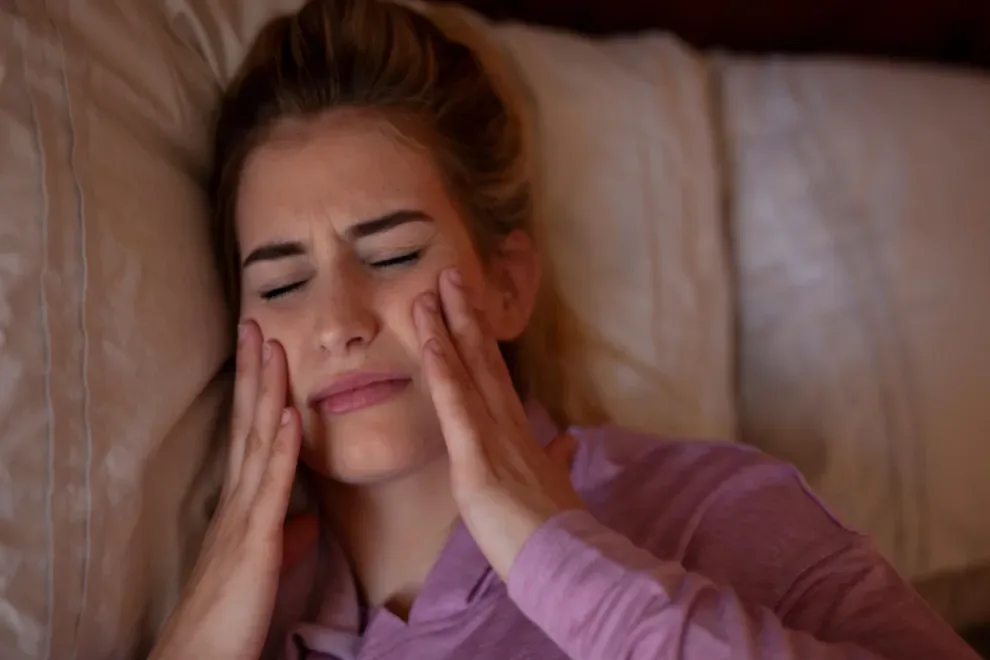Chewing Ice & 9 Other Things That Are Bad for Your Teeth

Clinical Content Reviewed by Dr. Jay Khorsandi, DDS
Last Modified:
No items available.
There are several bad habits that harm your teeth leading to potential cracks, chips, loss of enamel, tooth sensitivity, misalignment, and even tooth loss. Chewing ice is one of them.
It is well-known that you need to take good care of your teeth to keep them healthy by brushing and flossing twice per day and seeing your dentist regularly. You also need to avoid things that can be bad for your teeth, such as teeth grinding, smoking, and nail biting.
We’ve outlined 10 habits that are bad for your teeth:
Disclaimer: This article is intended to promote understanding of and knowledge about general oral health topics. It is not intended to serve as dental or other professional health advice and is not intended to be used for diagnosis or treatment of any condition or symptom. You should consult a dentist or other qualified healthcare provider with any questions you may have regarding a medical condition or treatment.
